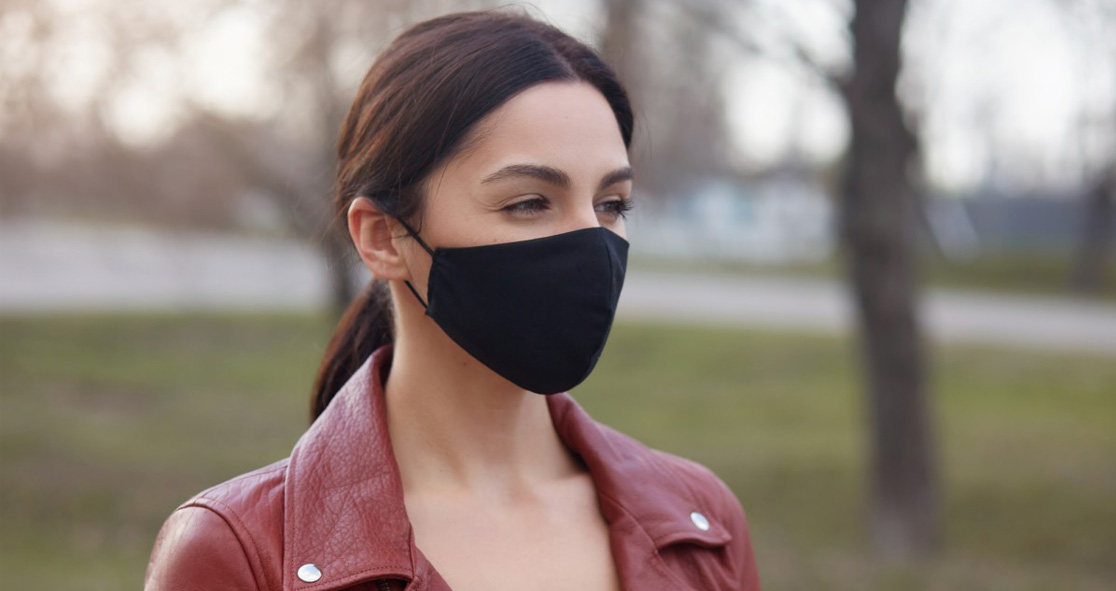Duke researchers have developed a simple, inexpensive technique that provided visual proof that facemasks block droplet emissions.
Dr. Eric Westman, Associate Professor of Medicine at Duke University, and Martin Fischer, Associate Research Professor in the Department of Chemistry, and their colleagues conducted a study and reported that the technique helped in determining the efficacy of the masks in reducing droplet emissions during normal wear.
The apparatus consisted of a box, a laser, a lens, and a cell phone camera. The study was published online last week in the journal Science Advances.
Fischer said, “We confirmed that when people speak, small droplets get expelled, so disease can be spread by talking, without coughing or sneezing. We could also see that some face coverings performed much better than others in blocking expelled particles.”
The researchers found that the best face coverings were N95 masks without valves, which are commonly used in hospital setups by frontline health workers. They also found that surgical masks performed well enough to block droplets.
However, it has been found that hand-made cotton facemasks provided good coverage, as they were effective at eliminating a great amount of the spray from normal speech.
On the contrary, neck fleeces and bandanas failed to block the droplet emissions.
Fischer explained, “This was just a demonstration — more work is required to investigate variations in masks, speakers, and how people wear them — but it demonstrates that this sort of test could easily be conducted by businesses and others that are providing masks to their employees or patrons.”
Dr. Westman said, “Wearing a mask is a simple and easy way to reduce the spread of COVID-19. About half of infections are from people who don’t show symptoms, and often don’t know they’re infected. They can unknowingly spread the virus when they cough, sneeze and just talk.”
“If everyone wore a mask, we could stop up to 99% of these droplets before they reach someone else,” Dr. Westman added. “In the absence of a vaccine or antiviral medicine, it’s the one proven way to protect others as well as yourself.”
The researchers said it is important that businesses supplying facemasks to the public and employees have good information about the products to ensure the best possible protection.
“We wanted to develop a simple, low-cost method that we could share with others in the community to encourage the testing of materials, masks prototypes, and fittings,” Fischer said. “The parts for the test apparatus are accessible and easy to assemble, and we’ve shown that they can provide helpful information about the effectiveness of masking.” Dr. Westman said, “We were trying to make a decision on what type of face-covering to purchase in volume, and little information was available on these new materials that were being used.”























